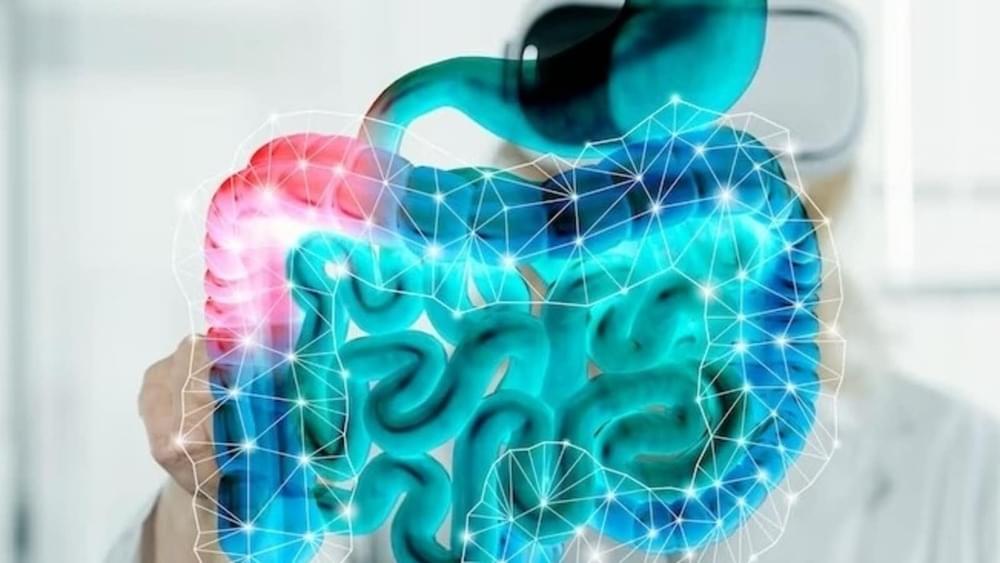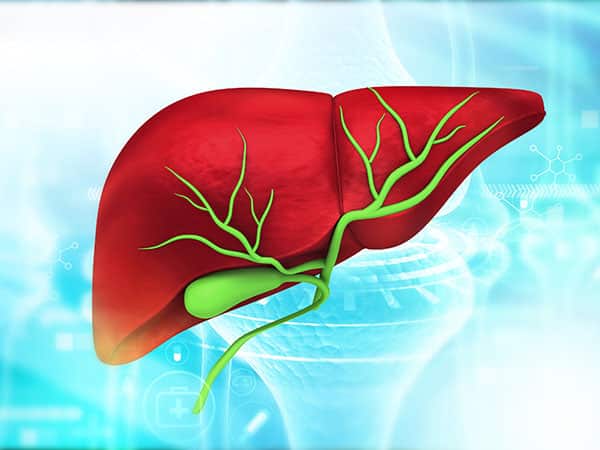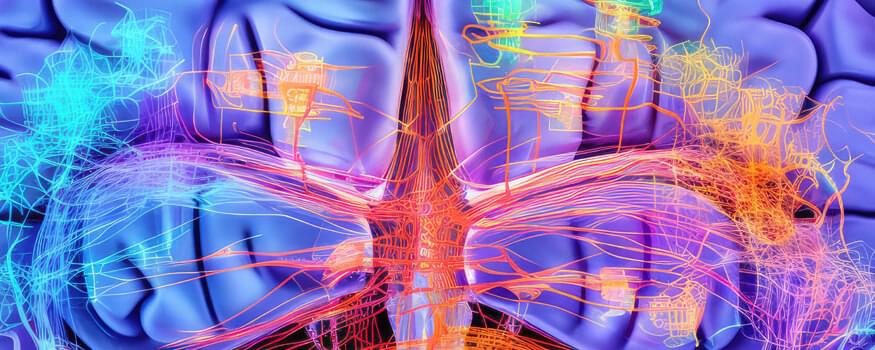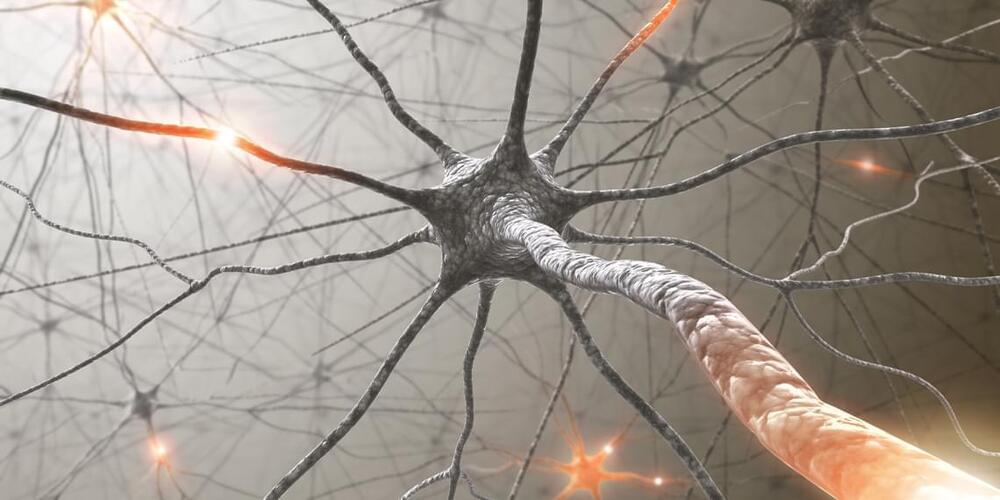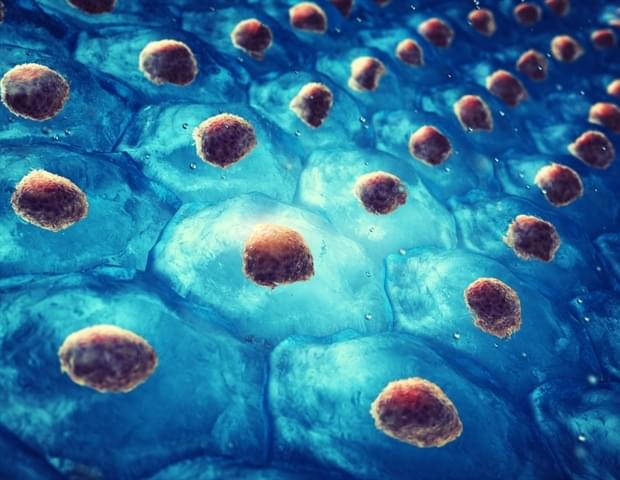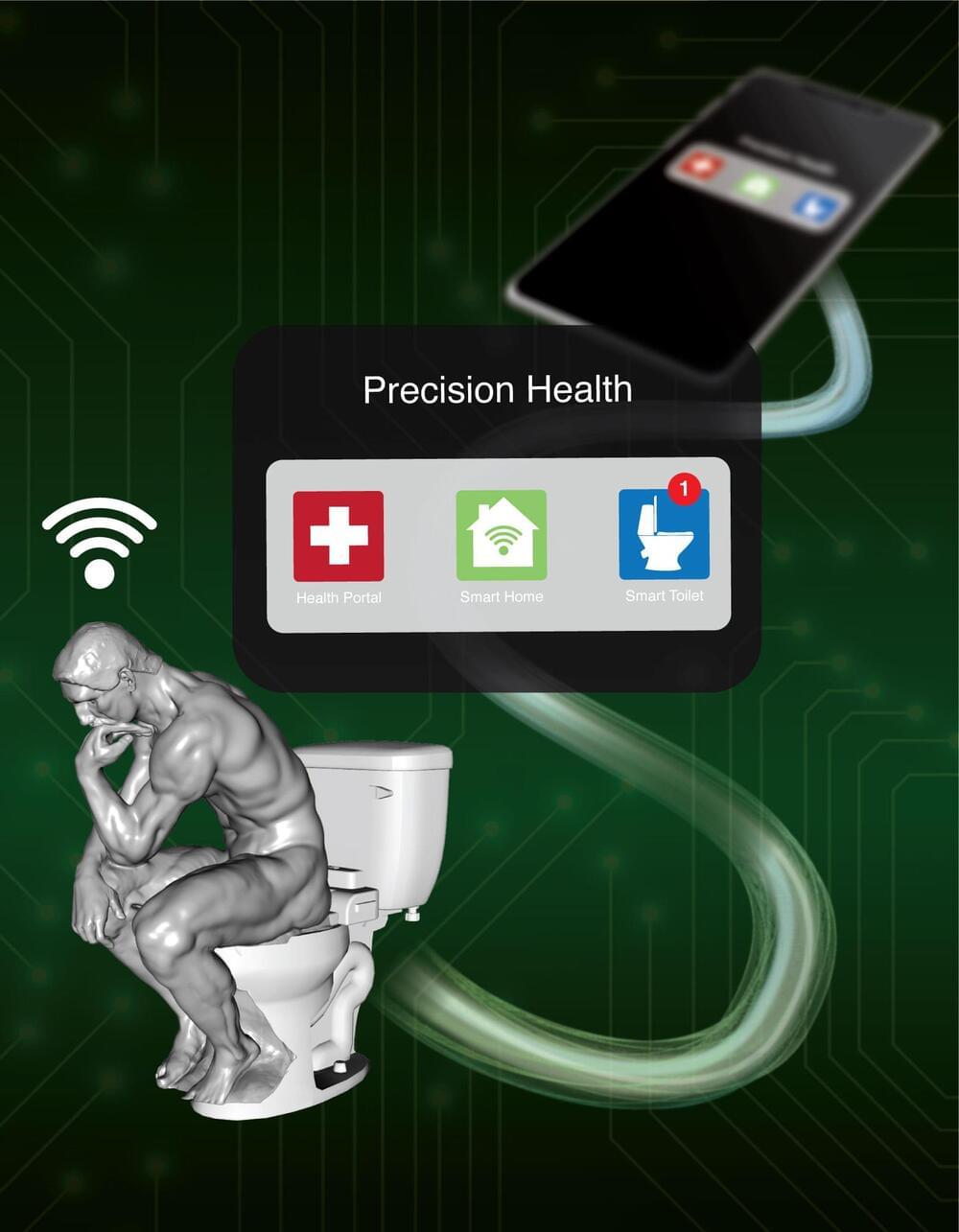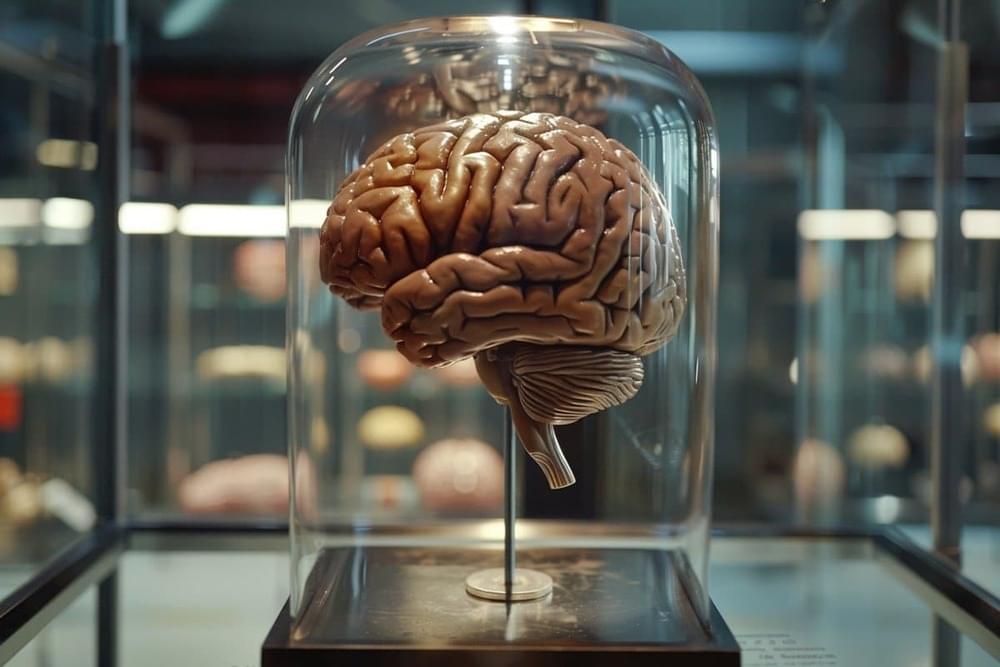Feb 22, 2024
What is Lynch syndrome, the hereditary condition that raises bowel cancer risk before 50?
Posted by Shubham Ghosh Roy in categories: biotech/medical, genetics
“Lynch syndrome also known as HNPCC (Hereditary Non-Polyposis Colorectal Cancer) is an autosomal dominant condition that increases the risk of developing certain cancers, particularly bowel cancer. It results from mutations in genes that help to correct errors during DNA replication. Lynch syndrome patients have a higher incidence of bowel cancer in their lifetime and such other cancers as endometrial, ovarian, stomach and urinary tract cancers. These patients have an earlier presentation, i.e. younger age group. People with this condition face a much higher risk of developing colorectal cancer at ages below 50 years. This underscores the need for an early diagnosis through screening and surveillance in individuals having Lynch syndrome so that it can be detected rather earlier when it would be more easily treatable,” says Dr Tanveer Abdul Majeed, Consultant, Surgical Oncology, Kokilaben Dhirubhai Ambani Hospital Navi Mumbai.
“To effectively tackle Lynch syndrome-related cancers, early detection is vital. Screening protocols typically involve genetic testing to identify individuals at risk and surveillance measures, such as regular colonoscopies, starting at a younger age. Genetic counselling plays a pivotal role in Lynch syndrome management, providing affected individuals and their families with personalized risk assessments, guidance on screening strategies, and support in making informed decisions regarding preventive measures, including prophylactic surgery,” says Dr Kanuj Malik, Sr. Consultant-Surgical Oncology, Yatharth Hospitals.
